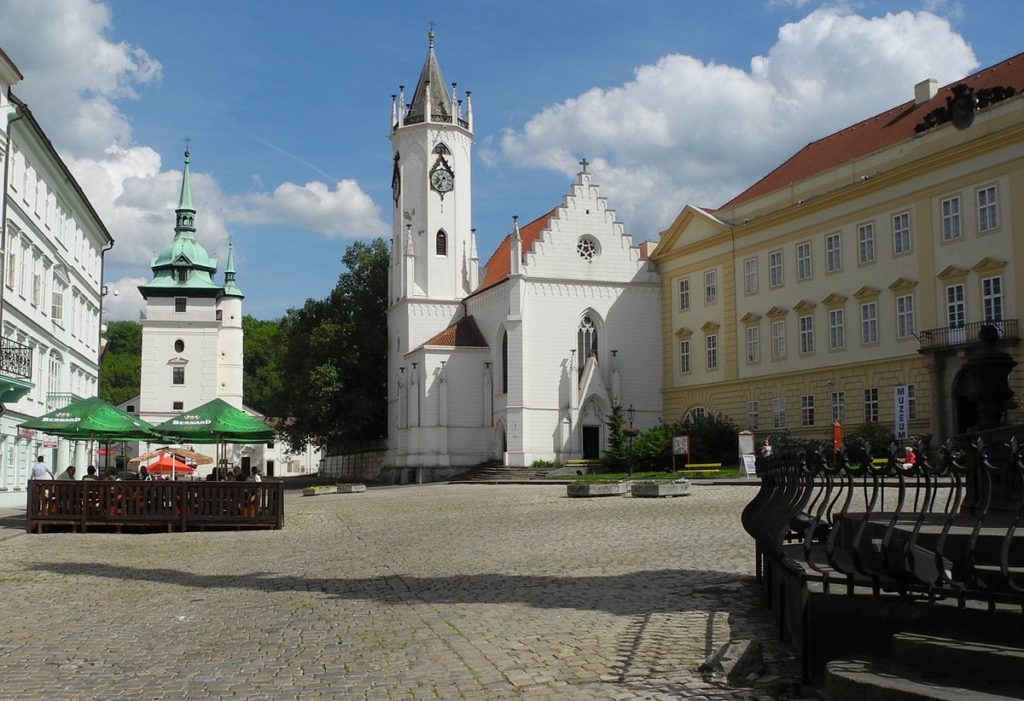A Roma man has died in the Czech town of Teplice after police allegedly kneeled on his neck but the authorities deny any wrongdoing.
Stanislav Tomáš, 46, died on 19 June during a police intervention. A video which has been shared on media shows that a police officer kneeled on his neck for almost 6 minutes. According to initial reports, Stanislav died in an ambulance called to the scene.
He was reportedly arrested after attempting to stop a car being vandalised, but the Czech police and authorities have rejected this version of the incident. In a statement, police said that an initial autopsy had “ruled out a connection with the operation that preceded the arrest of the suspect”, and said a doctor had reported that a drug overdose was the preliminary cause of death.
“Statements from the community and the video footage put a serious question about the credibility of claims made by the police about the death of 46-year-old Stanislav,” commented Zeljko Jovanovic, Director, Roma Initiative Office. “The end of the video clearly shows that even the police officer who was keeping his knee on Stanislav’s neck realized he does not move anymore.”
“This is not an isolated incident,” he added. “Many other cases of police and far-right brutality against the Roma go unpunished. These cases are just the tip of an iceberg. Police violence runs deep in the life of Roma in the Czech Republic.”
The Czech representation to the EU did not reply immediately to a request from The Brussels Times for a response to the incident and the status of the police investigation.
In an open letter on 28 June to European Commission President Ursula von der Leyen and relevant Commissioners, Proud Roma Free Europe, a transnational Roma movement, condemned the “excessive use of force that led to Stanislav Tomáš’s death and have shocked Roma communities around Europe who stood up in solidarity to demand justice”.
“The circumstances of his death are reminiscent of the murder of George Floyd, which sparked the Black Lives Matter movement, galvanizing global solidarity and a wave of outcry on behalf of public officials, including those in the EU. Yet, in the case of its own citizen dying in similar circumstances, the EU has remained silent.”
The signatories of the letter call on the European Commission to demand an independent and thorough investigation into the circumstance of the death of Stanislav Tomáš, to take a clear stance against antigypsyism and violence, and publicly condemn all acts of police brutality against Roma citizens in the EU.
According to an op-ed, the incident is an example of institutional racism and double standards in the EU.
Asked by The Brussels Times about the letter, a Commission spokesperson confirmed last week that the Commission has received the letter and will reply to it. “There is no place for violence in Europe. And there is no place for racism in Europe,” the spokesperson said. “It is the duty of law enforcement authorities to protect citizens from violence and keep them safe.”
“Whereas national authorities are competent for law enforcement matters, any use of force must always be exercised in a proportionate manner. Any such incidents must be addressed swiftly, effectively, and in full respect for the rule of law and human rights. The Commission expects an independent and thorough investigation by the competent Czech authorities.”
It is the Commission’s policy not to comment on ongoing judicial procedures and investigations in the EU member states. When calls were raised for the Commission to investigate a deadly arrest by Belgian police of a Slovakian national who died after being arrested in Charleroi airport in 2018, the response was negative.
In that case, the Belgian authorities initiated an investigation in cooperation with Slovakia after its government and parliament requested an investigation. The more than 11 million Roma are the biggest ethnic minority in Europe without any historic homeland. Living in nearly all EU countries, they lack a government which can defend their rights whereever they live and rely on EU's support.
M. Apelblat
The Brussels Times

